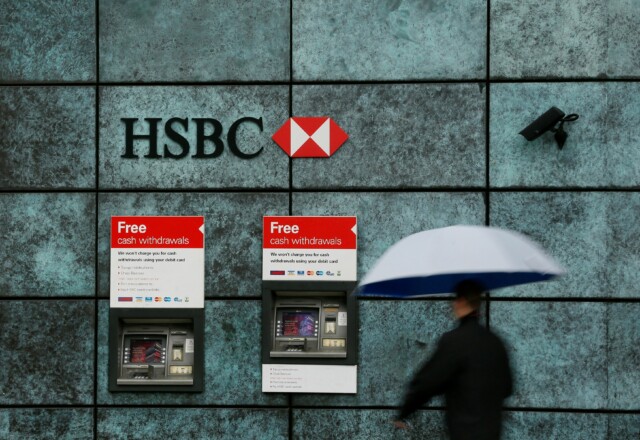
THOUSANDS of HSBC customers have said that they can’t access mobile banking services this morning (May 2).
The issue has left customers unable to use the app or make payments.
What happens if HSBC’s website isn’t available? We explain all you need to know
Customers have complained on social media about the glitch, with problems starting at around 7.45am.
Customers have complained that they cannot log on to their online banking app.
Not being able to access your mobile banking can be seriously frustrating, so here is what you can do.
How can I check if HSBC is down?
HSBC has a dedicated web page where you can check the status of its various services, including mobile, telephone and internet banking, and its ATMs.
Banks often update their customers on social media, so definitely check out HSBC’s Facebook and Twitter pages for updates.
You can also check websites such as Down Detector, which will tell you whether other people are experiencing problems with a particular company online.
However, bear in mind this site relies on customer-reported issues so it is not always completely accurate.
What should I do if I can’t access my money online?
In the first instance, HSBC encourages you to contact it via Twitter.
But if you urgently need access to your money, go to your local HSBC branch. You can find your local branch using its store locator.
If you don’t have a local bank branch nearby or don’t have transport to get to it, you can try and contact the bank and ask for its guidance on what to do.
There are more details about how to contact HSBC on its website here.
It may be that the bank will offer to pay for you to take a taxi to the nearest branch if you need money urgently, or it could help you to access the service you require over the phone.
Can I claim compensation if the website is down?
Unlike telecom companies, banks do not have a fixed compensation scheme for service disruption, although depending on how much it has affected you, you may be entitled to some money back.
It is worth gathering evidence of your problems so you can make a formal complaint to HSBC directly.
Try to make a note of when you were unable to access the website or app, plus any costs you incurred as a result.
If your credit rating has been affected by a service outage, because you got a late payment fee after being unable to make a transaction, for example, you should also keep a record of this.
If you spoke to anyone to try and resolve the problem, make a note of their name and when you spoke to them, as well as roughly what you discussed and what they advised you to do.
You can then complain to HSBC, either in your local branch, or by using this complaints form.
You will need to think about how much you expect in compensation, and when you expect to receive it.
What happens if HSBC refuses to compensate me?
If you’re unhappy with how the bank dealt with your problem, you can contact the free Financial Ombudsman Service (FOS).
It is an independent body which will look at the evidence you present, and make a fair decision about the action a bank should take.
The FOS can usually get involved 15 days after you’ve raised concerns with the bank.
In the case of an IT system outage at a bank, the FOS says any compensation depends on your circumstances and whether you lost out as a result.
If it thinks you did, then it has the power to tell the bank to reimburse any fees, charges or fines you were hit with, for example if you were unable to make a payment for a credit card bill or to your mortgage provider.
It could also tell a bank to pay you for any money you didn’t receive, such as interest, if you weren’t able to pay money in.
If your credit score was affected, it may tell the bank to correct your credit file.
The FOS might also tell the bank to reimburse you for any extra costs you had to make, such as phone calls or trips to your local branch, as well as a payment for any inconvenience it caused.







